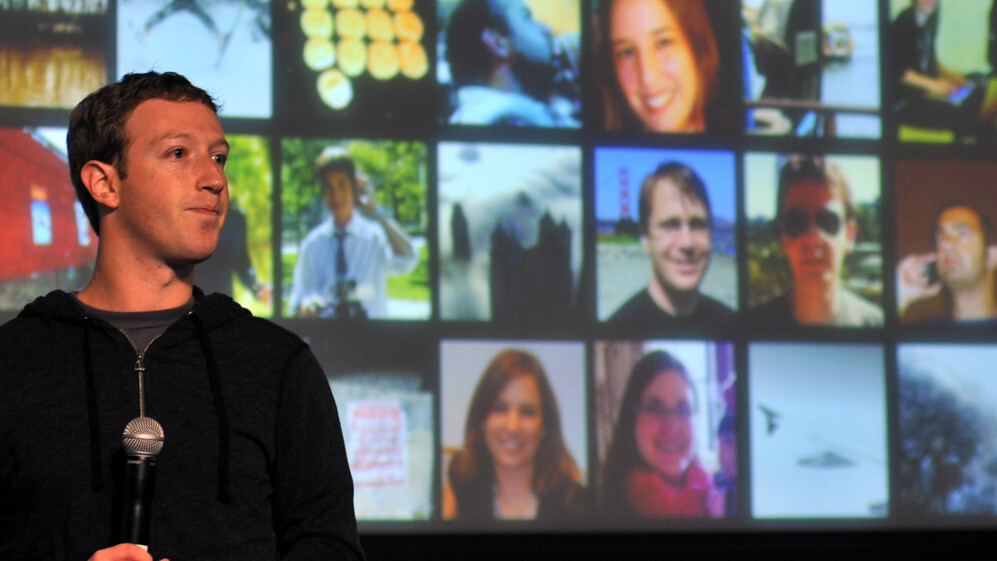
“Social media,” “Web 2.0,” “The Social Web;” whatever you call it, the online social landscape as we know it is under threat, and that can only be bad for users and for innovation.
Remember the days when mashing up social data was a good thing? The ability to throw together text, maps, photos and videos from different services meant that the social Web became a playground for developers to create a huge variety of third-party apps that enriched the ecosystem, highlighted the power of social media and made users very, very happy. The dream we were all sold was that the more data that’s shared around, the better it is for the users and the services.
The ugly social Web in 2013
The situation in 2013 is far more depressing. Want to use Facebook data to enrich your own app? That’s fine unless you’re too much of a threat to Facebook’s own services. Most recently, in the past 24 hours we’ve seen Yandex’s Wonder – an interesting app that is like a voice-controlled, mobile version of Facebook’s Graph Search but using multiple APIs and that just happens to come from a major Russian company making its first move in the US market – and Twitter’s Vine have their Facebook API access cut off within hours of each app’s launch.
If we want to look back a bit further, there’s Facebook pulling Twitter Card support from Instagram, Twitter pulling friend-finding capabilities for its service from Instagram, Facebook pulling voice messaging app Voxer’s ‘find friends’ access just weeks after launching voice messaging features in its own Messenger app. As Josh Constine points out over on TechCrunch, these types of spats go back as far as 2010.
Laws to protect what’s great about social data
As ‘growth at all costs’ is replaced by ‘make as much money as possible’ as the prime objective at companies like Twitter and Facebook, the attributes that made the social Web great are being destroyed. So, isn’t it time we had laws to protect them?
I’m not talking about data portability here. We can already extract all of our tweets, a dump of our Facebook data, most of what we’ve put into Google and the like, but only in the form of frozen-in-time archives. If I want to use my live Facebook or Twitter data with a third-party service, I had better hope that the service in question isn’t viewed as a threat by Facebook or Twitter.
Now, proposing ‘laws to protect the freedom of social data’ is a tricky matter, but the basic idea would be that you can’t pull the rug from under a rival’s feet selectively. If you open up an API, it should be properly open. It’s a different matter if a developer is threatening the technical stability of your API through bad coding, but simply offering a better service and potentially posing a threat shouldn’t be reason to remove access if you still let others have it.
The laws I’m talking about would ensure that users get the benefit of the data they’re putting into the online services they contribute to, and that the ability for third-party developers to innovate on top of that data is preserved. Such a law would probably be best implemented in the USA (where most of the action of this front is occurring) at first, but the more countries that joined in, the better.
“You ARE the product, blah, blah, blah…”
Now, some people will react to this idea by saying “What do you expect? Facebook and its like are businesses; if you’re not paying for the product, you ARE the product.” Yes, yes, I get that, but what’s more valuable to society as a whole? A series of data silos akin to the traditional mailing lists that get sold between marketing companies, or a rich ecosystem where data can travel between services and spur innovation?
It would be better to avoid the rigid, slow-to-change world of legislation, but without it we risk losing out on a lot of the promise of the past few years.
Commercial reality may be bringing on an ugly, painful hangover after the wild social media party we’ve had over the past six years, but if the spirit of free innovation that party inspired is killed off, the world will be all the worse for it.
Image credit: AFP / Getty Images
Get the TNW newsletter
Get the most important tech news in your inbox each week.





